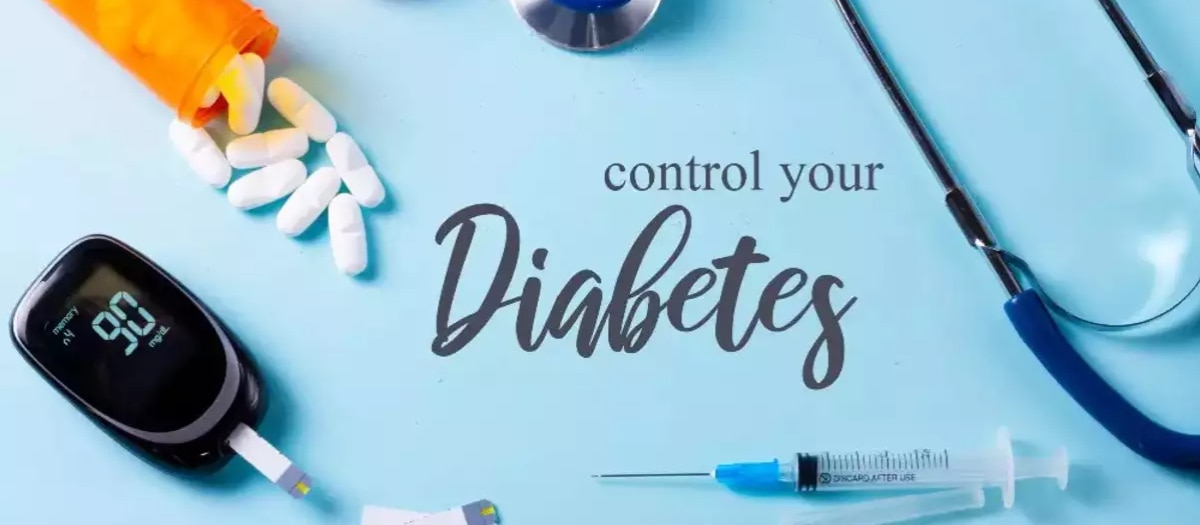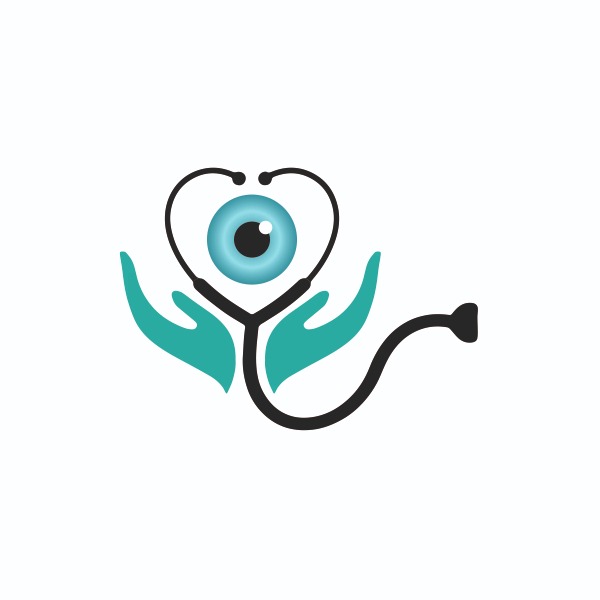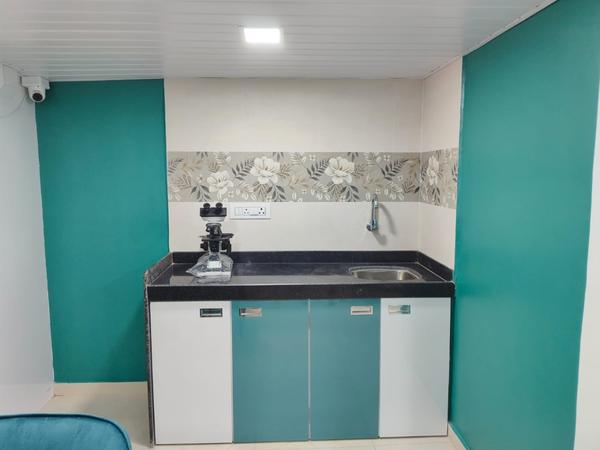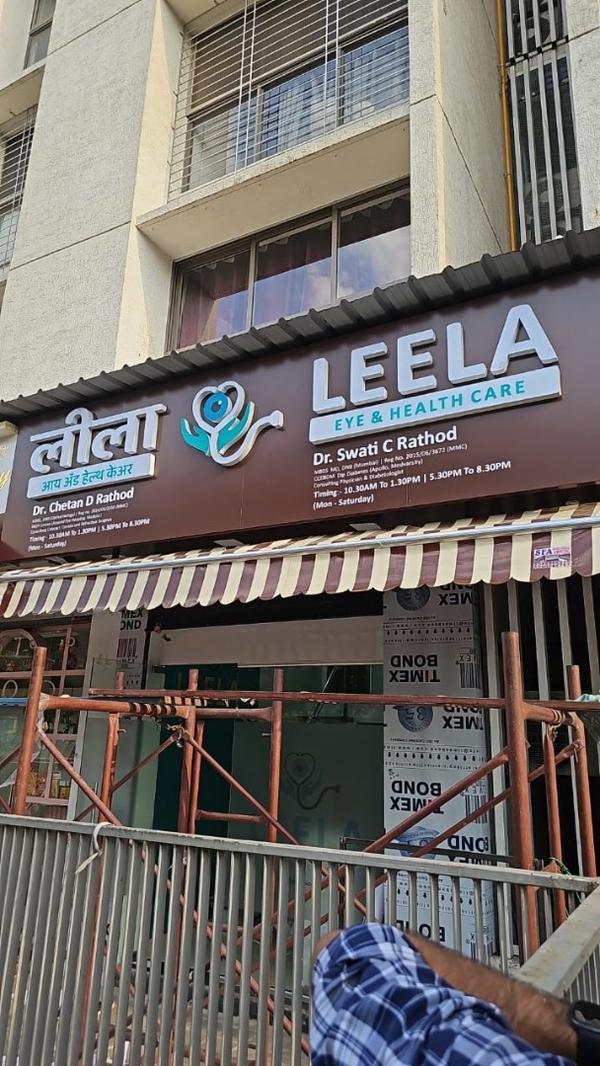Lifestyle Diseases Management
Lifestyle diseases, also known as non-communicable diseases (NCDs), are primarily caused by unhealthy lifestyle choices and behaviors. These include conditions like heart disease, type 2 diabetes, obesity, stroke, and certain cancers. Effective management of lifestyle diseases involves a combination of preventive measures, medical treatment, and lifestyle modifications.### Key Components of Lifestyle Diseases Management1. *Risk Assessment and Early Detection:* - *Health Screenings:* Regular check-ups and screenings for blood pressure, cholesterol levels, blood sugar levels, and body mass index (BMI) to detect early signs of lifestyle diseases. - *Genetic and Family History:* Assessing family history and genetic predisposition to certain conditions.2. *Lifestyle Modifications:* - *Dietary Changes:* - *Balanced Diet:* Emphasizing fruits, vegetables, whole grains, lean proteins, and healthy fats. - *Portion Control:* Managing portion sizes to avoid overeating. - *Reducing Processed Foods:* Limiting intake of processed foods, sugary beverages, and high-fat foods. - *Physical Activity:* - *Regular Exercise:* Aiming for at least 150 minutes of moderate-intensity aerobic activity or 75 minutes of vigorous-intensity activity per week, along with muscle-strengthening activities. - *Active Lifestyle:* Encouraging daily physical activities such as walking, gardening, and using stairs instead of elevators. - *Tobacco and Alcohol Use:* - *Smoking Cessation:* Providing resources and support to quit smoking. - *Moderate Alcohol Consumption:* Limiting alcohol intake to moderate levels, as recommended by health guidelines. - *Stress Management:* - *Stress Reduction Techniques:* Practicing mindfulness, meditation, yoga, or other relaxation techniques. - *Healthy Work-Life Balance:* Ensuring adequate rest and leisure time to prevent chronic stress.3. *Medical Management:* - *Medication Adherence:* Ensuring patients follow prescribed medication regimens for conditions like hypertension, diabetes, and hyperlipidemia. - *Regular Monitoring:* Ongoing monitoring of disease markers such as blood pressure, blood sugar, and cholesterol levels. - *Integrated Care:* Coordinating care among healthcare providers, including primary care physicians, specialists, dietitians, and physical therapists.4. *Education and Support:* - *Patient Education:* Informing patients about the risks and management of lifestyle diseases, and the importance of lifestyle modifications. - *Support Groups:* Encouraging participation in support groups for individuals with similar conditions to share experiences and support each other.
READ MORE
















